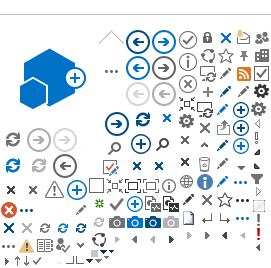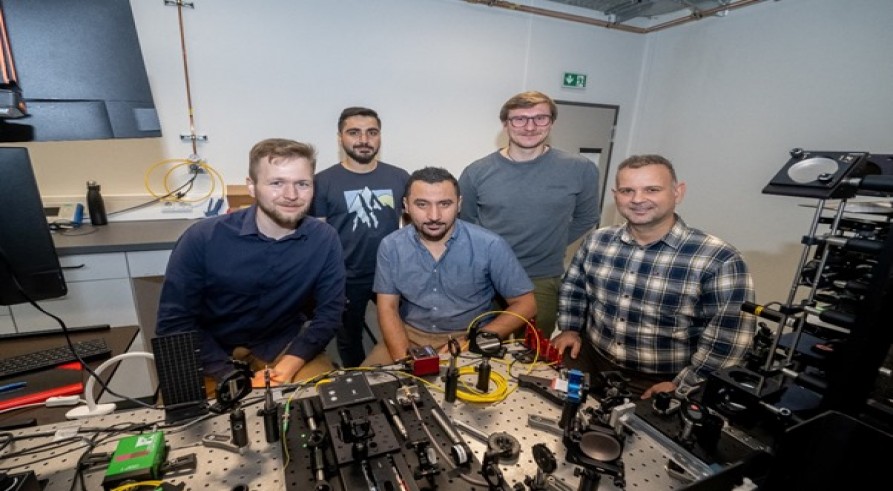

Published Date: Monday, 16 October 2023, 10:16
Researchers from the University of Zakho collaborated with a team from the University of Oldenburg to develop a matching concept in a collaborative effort.
During their laboratory internships, master's students in Oldenburg covered topics such as two-dimensional materials, femtosecond lasers, white light sources, and sophisticated quantum mechanical calculations. The experiments conducted during the internships combine current research issues from different research areas within the institute.
In Oldenburg, a great way to encourage students to conduct research is by highlighting the connection between science and education.
During August and September 2023, Assistant Professor Dr. Diyar Sadiq, along with his colleagues Dr. Nawzad Abdulkareem and Mr. Qader Ali, from the Centre for Material Science and Nanotechnology (CMSNano)/Collage of Science visited Oldenburg, Germany, as researchers’ guests. They spent six weeks inspecting various sophisticated internship experiments and exploring ways to incorporate Zakho's research issues into their laboratory internship with Oldenburg researchers. They aim to create a pilot project experiment they can test at home soon.
It’s worth mentioning that this visit is part of the "Nanooptics Labcourse Exchange Zakho/Oldenburg" project, abbreviated as XLab Zakho/OL. The project has been awarded funding of 300,000 euros by the German Academic Exchange Service (DAAD) for a period of three years. This is the fifth collaborative project between the physics departments of the Universities of Oldenburg and University of Zakho . The foundation for this long-standing partnership was laid during the joint doctoral studies of Dr. Martin Esmann and Sadiq in Lienau's research group. The universities have maintained a close relationship since 2014.
Likewise, the initiative comprises three primary components. Firstly, the researchers from Oldenburg are assisting their colleagues in Zakho to integrate contemporary experimental physics teaching techniques, mainly research-based laboratory internships, into their Master's degree curriculum. Secondly, they endeavor to develop high school physics experiments, utilizing the University of Oldenburg's substantial pedagogical and didactic experience. Thirdly, they organise collaborative teaching activities such as online seminars, summer schools, and a master's research seminar. To ensure equal distribution of opportunities, at least half of the Iraqi participants are expected to be women. The program is being conducted at the Oldenburg Institute of Physics, with the research groups of Prof. Dr. Christian Schneider in quantum materials, Prof. Dr. Christoph Lienau in ultrafast nano-optics, and Prof. Dr. Michael Komorek in physics didactics participating in the exchange.